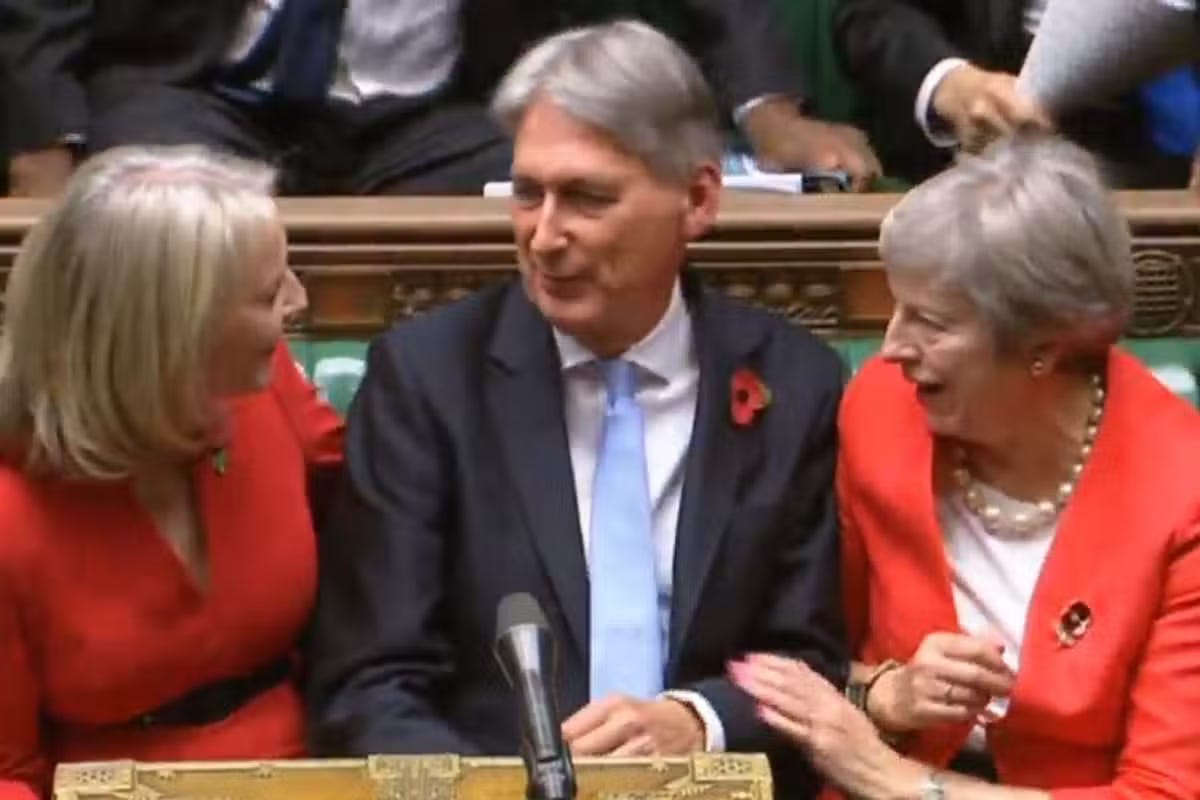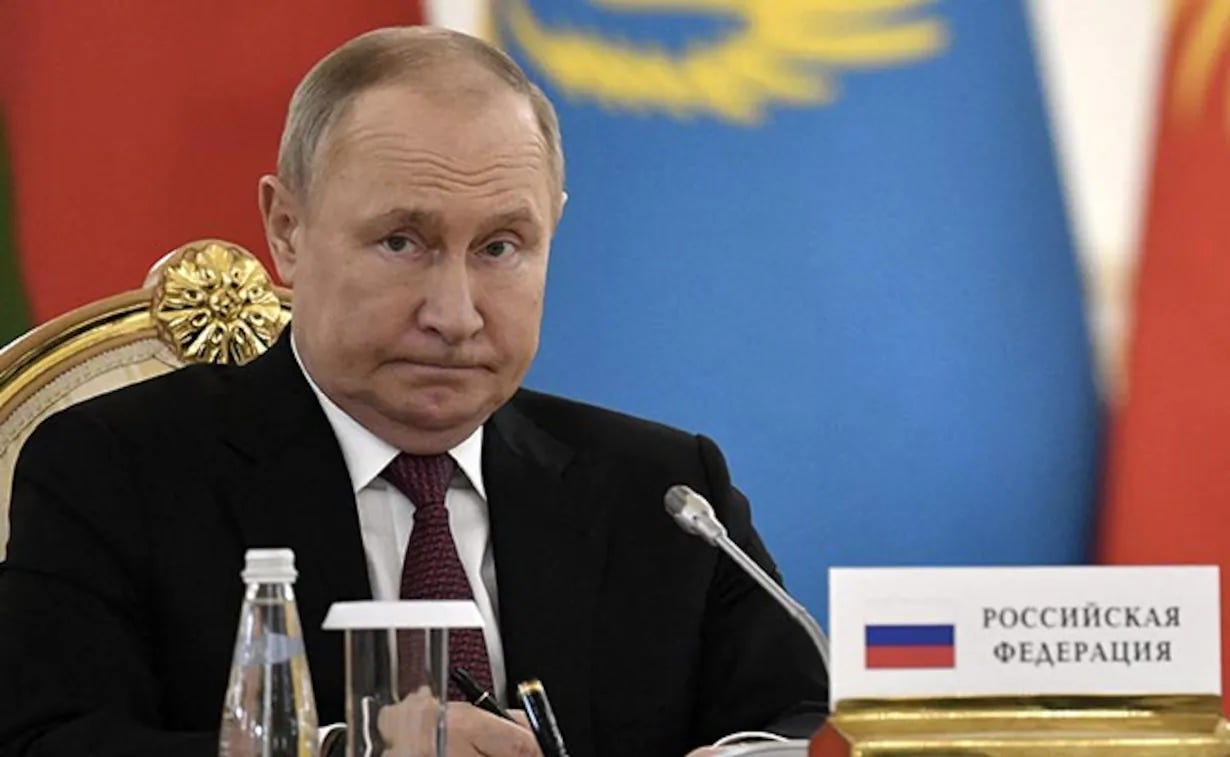Liz Truss: Bishop, Booster, Brexiteer
Her parliamentary record shows Liz Truss is a bishop, not a bookie
Welcome to Parliamentary Insight, and a big thank you for subscribing!
You can read more about this project here.
This is the last intro briefing before Parliament returns on Monday.
Starting next week, I will be posting a regular overview of the week ahead every Monday, a Foreign Affairs & Defence newsletter every Thursday, and an Economics & Finance newsletter every Friday.
If you’ve enjoyed these intro briefings, spread the word and share this with your network, or anyone who might appreciate a new angle on UK politics.
Bishops…
An old adage says that Brits like their Prime Minister to be a bishop or a bookie – an upright moral preacher or a gambler. Analysis of her parliamentary record shows Liz Truss is a bishop.
Bishops need clear opponents and Truss will struggle to find one, so she may take a gamble, or just be a “booster”, but Brexit will still define her.
Her Left-wing roots on CND marches seem to be of the non-conformist Christian sort. While Sunak played his hand in the high-stakes world of hedge funds, Truss trained as an accountant. She published policy papers for a think-tank – those seminaries of modern politics – on education, a favourite topic of other bishops like Tony Blair.
Her May 2011 adjournment debate on improving “Education Performance” called for more focus on maths and less on media studies. After all, “ye were not redeemed with corruptible things”.
Unlike gamblers, who lead rebellions (as, for all his caution, Sunak ultimately did), Truss consistently voted with the Government on issues from bombing Syria to anti-Trade Union laws. She voted for Theresa May’s deal when it was defeated and Johnson’s Internal Market Bill when it won.
… need clear opponents…
While bookies are self-motivated, bishops need an antagonist (the devil, the unfaithful) to argue against: Gladstone needed Disraeli more than Dizzy needed him. When Truss was Chief Secretary to the Treasury, from 2017 to 2019, there was no better devil than Labour shadow Chancellor John McDonnell, whom she excoriated with all the fervour of a convert.
In 2018, she closed the Budget debate by teasing McDonell that if he were hounded out of Labour by the pitchforks of Momentum, he would find friends among the Conservatives:
“You might have to sit on the Home Secretary’s knee, but there is space for you on our Front Bench.”
Truss then criticised Labour for failing to realise “the error of their ways”, accusing them of wanting “to create a socialist superstate controlled by the politicians at the top of the Labour party”. She concluded her sermon by declaring, “we refuse to listen to this catalogue of envy and despair” – “Get thee behind me, Satan”.
… and Truss will struggles to find one…
But Truss will face a quite different Labour party now, with no clear ideological enemy to shape herself against. She may try to conjure one from the Back Benches or refer to Jeremy Corbyn’s past leadership, but that won’t help her much when facing Keir Starmer at PMQs on Wednesday, amid the growing cost of living crisis.
She may find her nemesis instead in President Putin, as the Ukraine war hunkers down for the winter, or European Commission Vice-President Maroš Šefčovič, as the Northern Ireland protocol comes into crisis. Whereas the bookie Boris talked up Zelesnky — the fighter he backed — the bishop Truss will emphasise the abominable character of her opponent.
Russia’s invasion of Ukraine and the UK’s conflict with Brussels over customs checks at the Irish border have shaped Truss’ time as Foreign Secretary and may well shape her time as Prime Minister. As the Psalmist said, “Thou preparest a table before me in the presence of mine enemies”.
… so she may take a gamble…
Yet precisely on the global stage, the bishop might take a gamble. If unrest sets in at home and Labour climb the polls, she might react rashly to new evidence of Russian war crimes in Ukraine or an accidental spill-over of that conflict into a neighbouring country; or, with stasis looking permanent at Stormont, she might snap in a game of chicken over border checks with the EU, fanning the flames in Belfast.
By a strange process characters turn into their opposites. Theresa May was a bishop (actually, a vicar’s daughter) who took a massive gamble on the 2017 snap election. Boris Johnson was a bookie who had to lecture the nation from his briefing room pulpit to stay at home and save lives.
… or just be a “booster”…
However, Truss may view a bullish stance, whether towards Russia or the EU, not as a gamble, but as an expression of justified confidence. As she told MPs when she announced the UK-Australia Free Trade Agreement last year:
“We do not see it as a zero-sum game like our critics, who doubt we can compete and win in the global marketplace.”
Truss clearly fits Sam Bowman’s definition of a booster:
“Fundamentally, Boosters think growth is really, really important, because it’s the only thing that allows us to overcome zero-sum problems and reduce human misery overall.”
Just look at her speech in the Commons, opening the debate on “Global Britain” on the eve of Brexit:
“Global Britain will be a beacon for free enterprise, free trade and free people across the world, and we will light that beacon championing the values for which the UK has long been known.”
But boosterism might sound callous to the public as the cost of living crisis ramps up in the winter. Plus, reforms to induce economic growth are not great electioneering material.
Moreover, while Bowman says boosters are critical of current policy orthodoxy, Truss never seriously questioned the biggest policy decisions of our time around Covid and lockdowns, though she now has pledged never to impose a lockdown as PM.
… but Brexit will still define her
Bishop or bookie, booster or doomster, our analysis of the Government’s legislative agenda has shown that the political issue facing an incoming Truss administration is Brexit, whether dealing with reforms to financial services regulation or human rights law.
If Truss beats Sunak, it will be because Tory party members agreed with Lord Frost when he told UnHerd’s Freddie Sayers:
“Liz Truss is the candidate who best encapsulates” those things that will “make Brexit succeed.”
Paradoxically, while Sunak voted Leave, Truss was a strong Remainer. Just weeks before the referendum, when SNP MP Gavin Newlands asked her, as the Minister responsible for agriculture, “to ensure that our farmers do not bear the cost of internal Tory party feuds on 23 June”, she said:
“The hon. Gentleman is absolutely right… we have been trying for 20 years to get UK beef into the US, and we are still trying to get poultry exported to China. We have on our doorstep access to a single market of 500 million people for our fantastic UK products. I think we need to build on that, rather than leave the European Union.”
But, a few weeks after the referendum, in response to another SNP question on the impact of “the disastrous Brexit vote” on “the seasonal workforce... north of the border”, Truss said:
“we are turbo-charging the work of the Great British Food Unit, to make sure that we open up new markets and get more of our products out into the world”.
Through the cause of free trade and a global outlook, Truss engineered her pivot to become a leading Brexiteer in the Conservative party. She even cited David Ricardo and the abolition of the Corn Laws in her speech on “Global Britain”, despite Brexit being associated by some with growing national protectionism.
Her transformation is a microcosm of the change in the Conservative party since 2016. Not all of her party followed, and she will have to navigate intra-Tory divisions astutely if she is to succeed. Opinion seems divided as to whether she will have a Cabinet of “all the talents” or all the Brexiteers.
As Boris Johnson found out, a Commons majority of 80 means danger is often behind you on your own benches. With Labour growing in confidence and the biggest energy crisis in a generation causing a backlash outside Westminster, Truss will need all her cards – bishop, booster and Brexiteer – to navigate a feisty Parliament.







